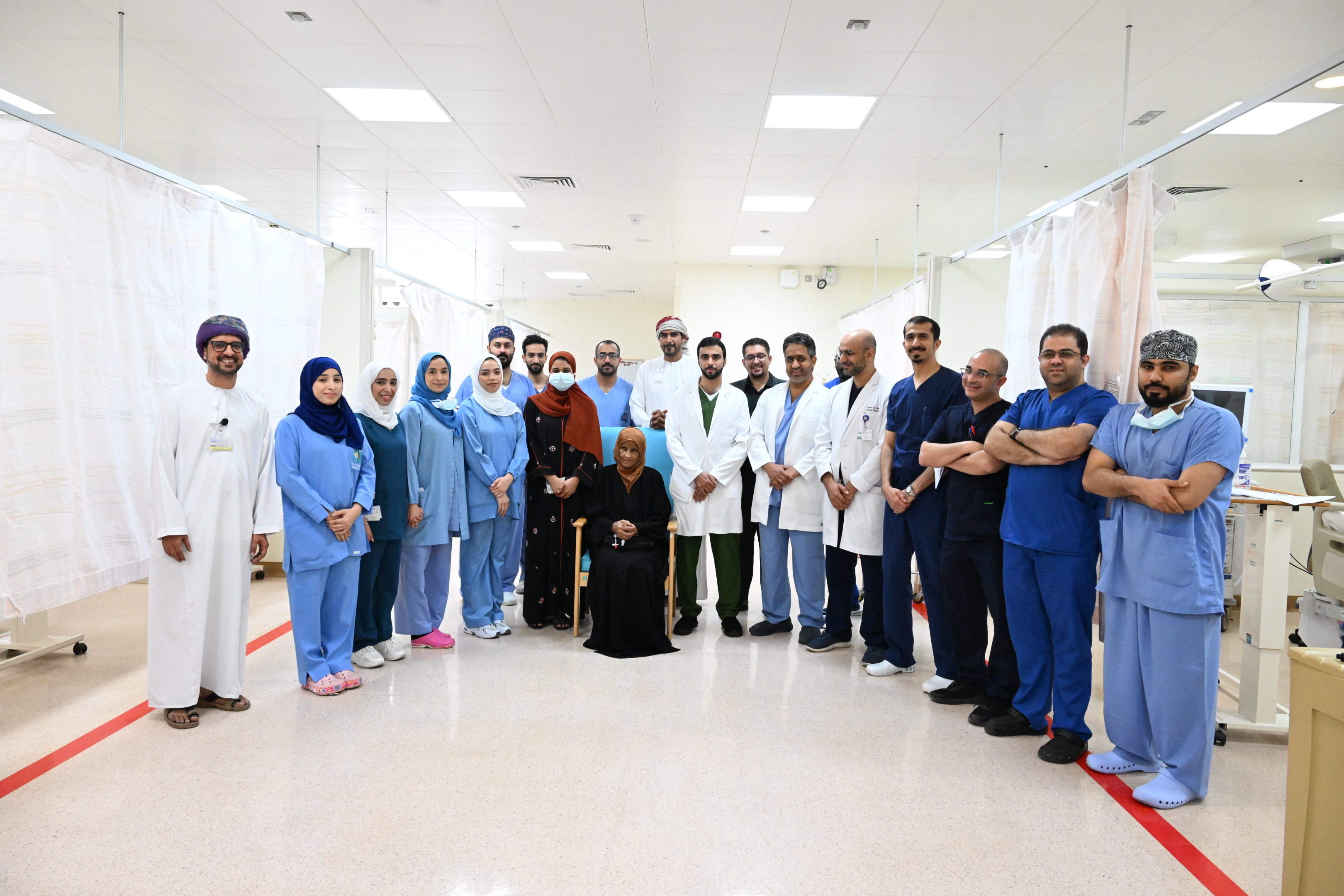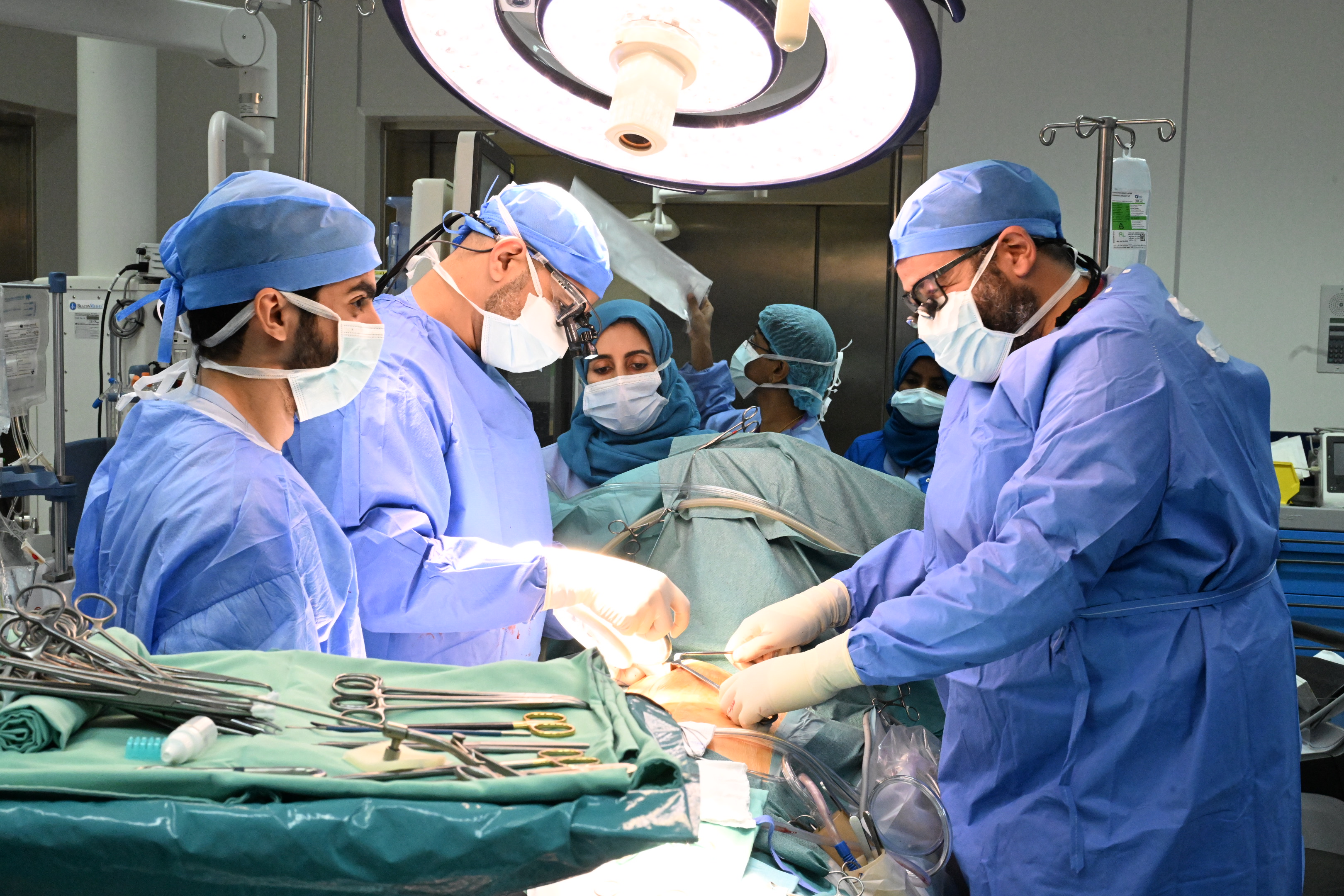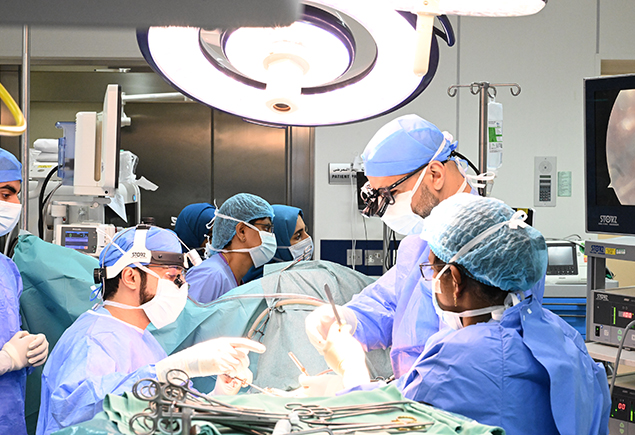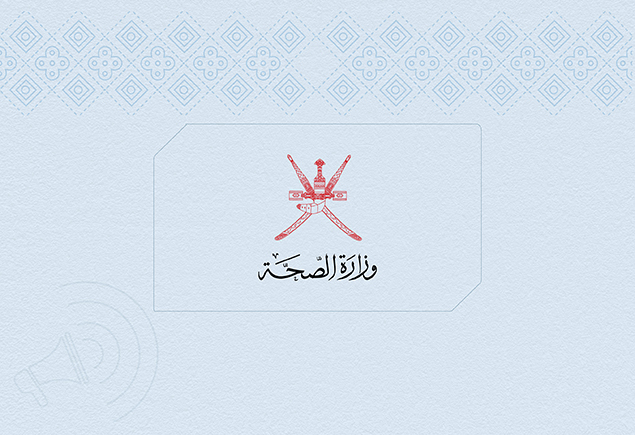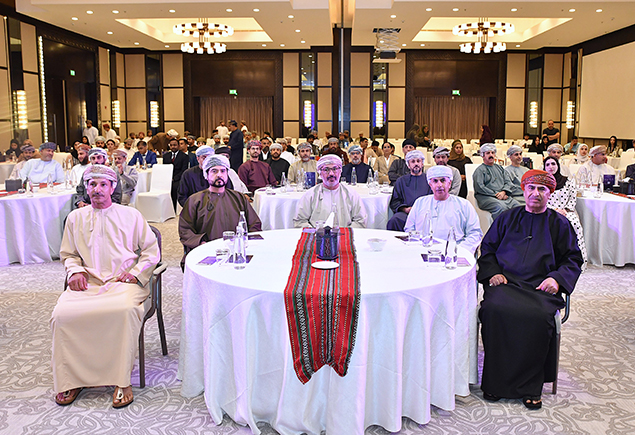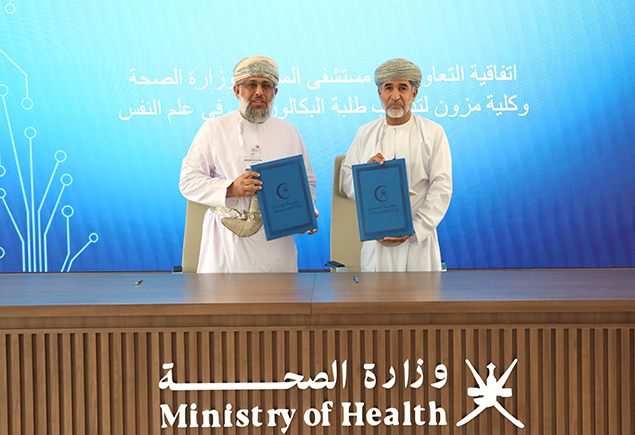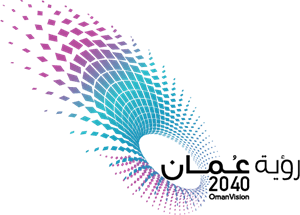In a groundbreaking medical milestone that highlights the rapid advancement of Oman’s healthcare system, the Royal Hospital has successfully performed the first artificial heart implant using the HeartMate 3 (HM3) device.
The success of this operation reflects the Ministry of Health’s continued efforts to enhance specialized healthcare services and to empower Omani medical professionals with the highest international standards of expertise and technology.
Dr. Waleed Al Badi, Consultant Cardiac Surgeon, explained: “We performed a procedure to implant a partial artificial heart on the left side, designed to assist the natural heart in pumping blood throughout the body. This device does not replace the heart but rather supports it, allowing patients to regain their energy and vitality.”
Dr. Qasim Al Abri, Consultant Cardiac Surgeon at the National Heart Center, added: “We are proud to introduce this type of surgery at the National Heart Center. It represents a valuable addition to our cardiac surgical services and offers new hope for patients suffering from severe heart failure. These procedures serve both as a bridge to future heart transplants and as a long-term treatment solution.”
He emphasized that the primary goal is to improve patients’ quality of life and enhance their overall physical performance while preparing them for possible future heart transplant procedures.
The HeartMate 3 (HM3) is among the most advanced cardiac support systems in the world. Surgically implanted in the chest, it assists the left ventricle in pumping blood to the aorta, helping patients with severe heart failure restore essential bodily functions and live more independently.
The device consists of a small internal pump connected to an external controller and portable batteries, enabling patients to move freely and maintain an active daily routine. It features magnetic levitation (MagLev) technology, which minimizes friction within the pump, significantly reducing the risk of blood clots and bleeding, ensuring greater safety and stability over the long term.
Such devices can serve either as a step toward heart transplantation for eligible patients or as a permanent treatment option for those unable to undergo transplant surgery. This operation stands as both a scientific and humanitarian milestone, strengthening Oman’s position as a regional leader in advanced cardiac surgery.
This achievement reflects the Royal Hospital’s ongoing commitment to adopting cutting-edge medical technologies and implementing innovative healthcare initiatives in line with Oman Vision 2040, which aims to elevate the quality of healthcare and improve the well-being of citizens and residents across the country.
